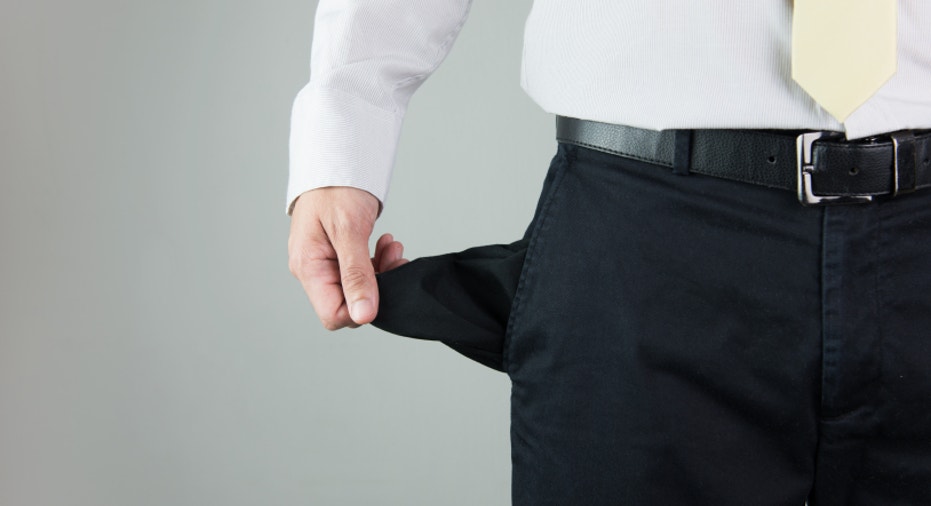What Happens If Authorized User Goes Bankrupt

Dear Let's Talk Credit, I recently added my partner on to one of my credit cards. He is now considering filing for Chapter 13 bankruptcy. I'd like to know what effect, if any, this might have on my own credit rating. -- Tony
Dear Tony, When you say "added my partner to one of my credit cards," I assume you mean you added him as an authorized user on one of your existing credit cards. As an authorized user, your partner is not financially responsible for the account, but the account would appear on both your credit report and your partner's credit report. This particular account with your partner would not be affected by his bankruptcy filing. Only those accounts where your partner is responsible for payment would be included in the bankruptcy.
Accounts included in the bankruptcy or any nonpayment on accounts will only have a negative effect on your credit if they are joint accounts owned by both of you. If you are a joint owner on an account, you are both responsible for making payments. The activity on the account will be reported on both of your credit reports. To avoid damaging your credit, all joint accounts should be paid on time and kept out of the bankruptcy if at all possible.
Before your partner files for bankruptcy, I would encourage him to seek help from a nonprofit credit counseling agency. He may be able to work out a repayment plan with his creditors utilizing a debt management plan. On a DMP, creditors often lower interest rates and stop charging over-the-limit and other fees. The accounts on the plan are turned inactive and are typically repaid over five years.
A Chapter 13 bankruptcy requires the expense of an attorney and filing fees. The bankruptcy will severely damage his credit and remain on his credit report for 10 years. He will be required to repay his creditors using all disposable income for the duration of the repayment plan (typically five years). A debt management plan may allow him to repay his creditors in the same period without involving the courts and without the damage to his credit that would be incurred with a bankruptcy.
Regardless of what your partner decides to do about his debt, the best way to protect your credit is to keep your accounts separate and keep making on-time and as-agreed payments on any joint accounts that you have.
Let’s keep talking!
See related: Co-signer, joint account holder, guarantor: Know the differences



















